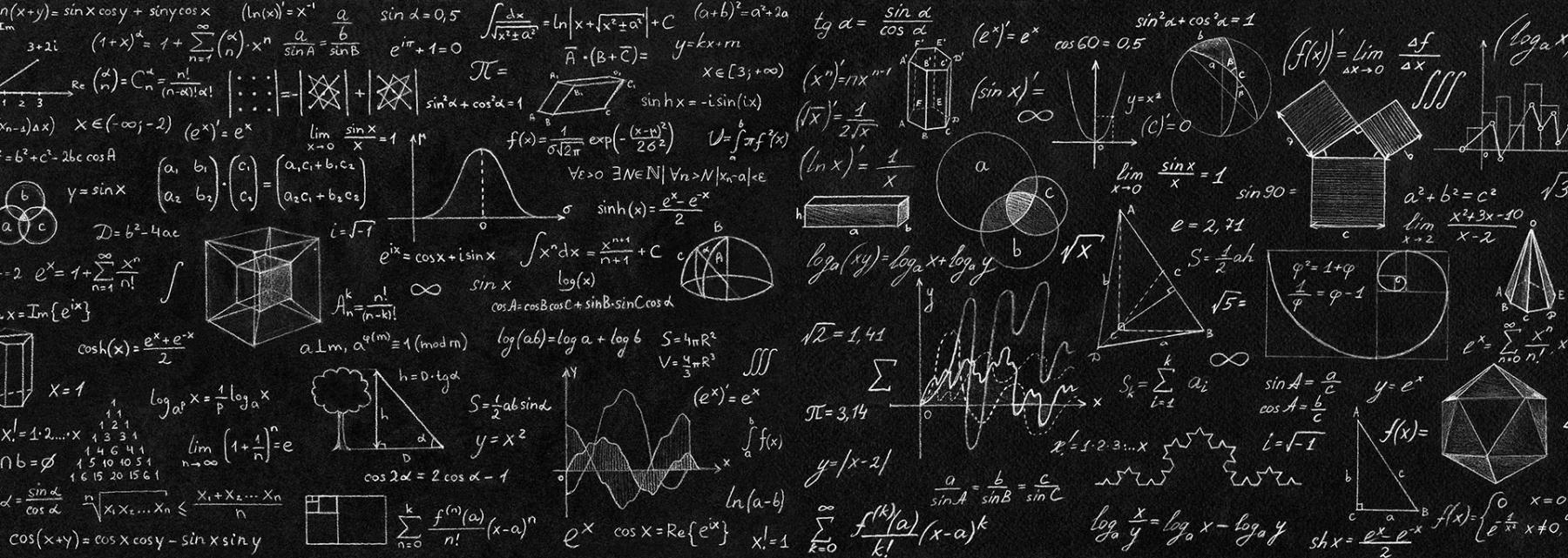
Falling Objects Lab
by Margaret Sullivan
This lesson is designed to have students investigate how objects, of different masses, will be affected when dropped to Earth. The lesson begins with a phenomena video - this video connects the idea of gravity back to Earth processes learned earlier in the school your when learning about the cycling of matter and flow of energy in the geosphere, atmosphere, and hydrosphere. Students will then create and test their hypothesis about how objects of different masses will fall when dropped from the same height. This is student centered, with teacher support mainly occurring when making mathematical connections to Newton's Second Law.
Lesson Grade Level
7th GradeLesson Plan Link/URL
https://docs.google.com/presentation/d/1X9BhwXOy7_w244_R_Rp5vu6Q7CsnCj0j/edit?u…Subject Area
Science Physical Science P3: Net Force Technology 5. Computational Thinker Mathematics Ratio and Proportion (RP) Expressions and Equations (EE) English Language Arts (ELA) Writing Speaking & Listening
Featured
Off
Related Content

Grades:
6th Grade, 7th Grade, 8th Grade, 9th Grade, 10th Grade, 11th Grade, 12th Grade
Are your students fans of Formula 1? If they are or aren't this lesson will take a look into the dominance of Red Bull Racing in Formula 1. Why is Red Bull so dominant? Is it the driver or the

Grades:
Kindergarten, 1st Grade, 2nd Grade, 3rd Grade, 4th Grade, 5th Grade, 6th Grade, 7th Grade, 8th Grade
Most students are likely familiar with popular films like Happy Feet, Surf’s Up, Penguins of Madagascar, and classic books like Mr. Popper's Penguins. Capitalizing on this familiarity with penguins

Grades:
2nd Grade, 3rd Grade
Students will research a biome around the world, including 3 animals, 3 plants, and 3 nonliving parts of the ecosystem. Students will construct a diorama of the biome and illustrate a natural disaster